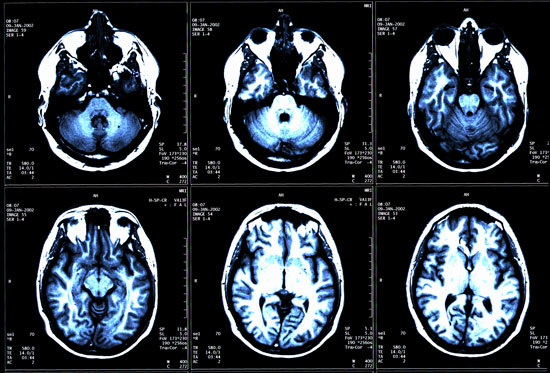
Multiple sclerosis is an unpredictable disease that can last for years. One of the most common chronic neurologic disorders of the central nervous system, MS affects approximately 7,000 people in Nebraska.
The coronavirus may affect people with chronic diseases like MS more severely. According to the National Multiple Sclerosis Society, the following groups are at higher risk for contacting a severe case of COVID-19:
- People with progressive MS
- People with MS over the age of 60
- People with higher levels of disability (like an EDSS score of 6 or above)
People with MS and their caregivers can take special care to avoid COVID-19. Avoid crowds and wear a mask in public. Limit your exposure to others in the community.
The MS at Home Access (MAHA) Program through Nebraska Medicine provides specialized care to individuals with MS who have significant disability. You can also get these tips to modify MS treatment during the pandemic.
Signs and symptoms of MS
Wondering what to watch for? MS can cause very different symptoms – every patient is unique. Symptoms depend on where inflammation is in the body.
| Brain inflammation | Spinal cord inflammation | Optic nerve inflammation |
|---|---|---|
|
Depressed mood Dizziness Extreme fatigue Hearing loss Cognitive issues Double vision Pain or weakness in the body |
Numbness in hands, legs or genitals Tingling in arms or legs Walking issues Bowel/bladder difficulties Difficulty with fine movements Clumsy hands Extreme fatigue |
Pain behind or around the eye Painful eye movements Blurry vision Loss of vision Vertigo (spinning, imbalance) |
MS affects each patient differently

Because MS affects each person differently, treating the whole person and their individual symptoms is critical.
The coordinated care available at Nebraska Medical Center helps patients manage their symptoms. Neurologist Rana Zabad, MD, FAAN, specializes in demyelinating diseases like MS. Nebraska Medicine patients also get access to specialties like physical therapy, psychiatry, neuro-ophthalmology, urology and pain management.
Dr. Zabad says, "MS is not a disease that significantly shortens lifespan. With the presence of powerful FDA-approved disease modifying therapy, patients now experience better outcomes than what was previously possible."
Our MS clinic provides the most comprehensive MS care in the region. Call us at 800.922.0000.
MS can look like these copycat diseases
MS attacks the central nervous system, which includes the brain, spinal cord and optic nerve. So a patient with MS may experience symptoms in several different areas.
Copycat diseases that mimic the symptoms of MS include:
- Pinched nerve
- Carpal tunnel
- Brain tumor
- Other demyelinating diseases
- Rare hereditary disorders
Because it affects different areas of the body, MS is a complicated disease to diagnose and treat. A person with multiple sclerosis may have unidentified bright objects (UBOs) on their MRI brain scan. But many other issues – like migraines, smoking, drug abuse or premature birth – can also cause UBOs.
Dr. Zabad says, "As a complex neurological disorder, multiple sclerosis affects each patient differently. That’s why you need subspecialty training to differentiate between MS and similarly presenting diseases.”


